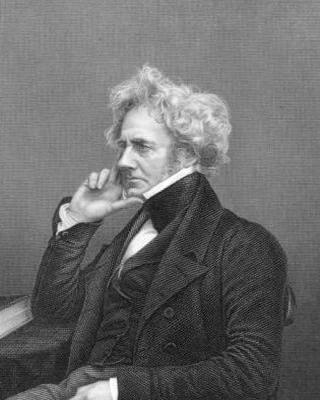
Born on November 15, 1738 in Hanover (Germany) into a musical family, Friedrich Wilhelm Herschel (1738-1822) emigrated to England in 1757 to escape the Seven Years' War. He first became a professional musician (cellist and composer) before developing a passion for astronomy at age 35.
Self-taught, he studied the works of:
He built his own telescopes and became a master in making parabolic mirrors.
On March 13, 1781, Herschel observed what he thought was a comet in the constellation Gemini. After months of observation, he realized he had discovered a new planet:
He initially proposed naming the planet "Georgium Sidus" in honor of the king, but the scientific community eventually adopted "Uranus".
Herschel revolutionized several fields of astronomy:
He established the foundations of modern star studies:
He designed revolutionary instruments:
In 1800, he accidentally discovered infrared rays while studying solar light dispersion:
Herschel left an immense scientific legacy:
He died on August 25, 1822 in Slough (England) and was buried at Westminster Abbey. His 48-inch telescope is now displayed at the Science Museum in London.
| Field | Year | Discovery | Impact |
|---|---|---|---|
| Planetary Science | 1781 | Discovery of Uranus | First planet discovered in modern times, doubling the known size of the solar system |
| Astrophysics | 1800 | Infrared radiation | Extension of the known electromagnetic spectrum, foundation of IR spectroscopy |
| Stellar Astronomy | 1785 | Milky Way structure | First realistic model of our galaxy as a flattened disk |
| Instrumentation | 1789 | 48-inch telescope | World's largest telescope for 50 years, enabling unprecedented observations |
| Extragalactic Astronomy | 1786-1802 | Nebula catalogs | Basis for Edwin Hubble's future work on galaxies |